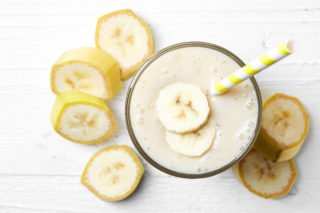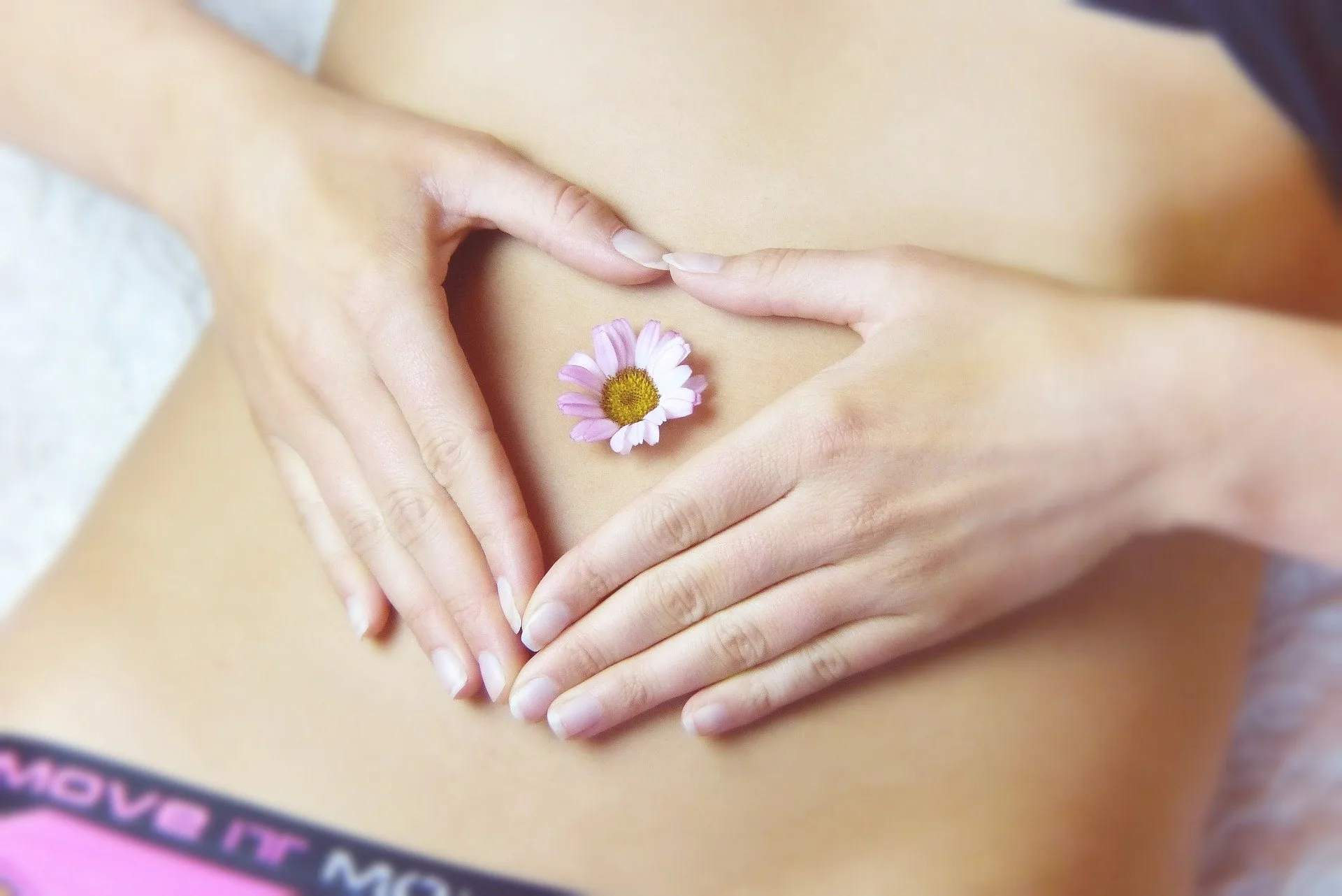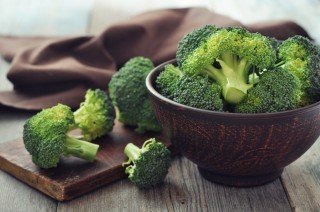We’ve all had that uncomfortable feeling when our jeans feel just a bit too tight, digestion seems almost impossible and our stomachs feel much larger than normal. What’s more, research has found that a woman’s colon is 10 centimeters longer than a man’s, and coupled with the added space of the bladder, uterus, ovaries, and Fallopian tubes, it’s no wonder that we’re constantly grumpy when bloating hits.
Now, while some may speak of bloating as another annoying PMS symptom, this cramped feeling does have other surprising triggers.
What causes bloating?
If you really want to address your uncomfortable bloated feeling, it’s important to determine its cause. Common triggers for bloating include:
- Poor digestion
- Constipation
- Food allergies
- Food intolerance
- Poor diet
Luckily, there are a few natural home remedies that can help to address the pain and discomfort that bloating brings. That said, it’s important to remember that if your bloat begins to last for longer than a few days at a time, interfering with your day-to-day life, then it’s best to consult your doctor as soon as possible.
Natural remedies for bloating
1. Peppermint oil
Peppermint oil can have a relaxing effect on one’s digestive system, and this is why it can be helpful in addressing indigestion, as well as abdominal bloating.
According to research published in the Journal of Clinical Gastroenterology, peppermint oil was found to reduce bloating in patients battling IBS (irritable bowel syndrome).
It’s not advisable to ingest an essential oil, but luckily peppermint oil is available in supplement form and it can be purchased online, as well as from your local health shop.
2. Probiotics
A happy gut is a happy life, and a happy gut may be exactly what you need to address your bloating issues.

Photo by Brett Sayles from Pexels
The balance between the good and bad bacteria in your gut is what helps to maintain your overall health. Any imbalance can affect your immune system, your mental health and, you guessed it, your digestive health. According to a study published in the journal Gut, there are a few bacterial strains that can cause excessive as well as irritating gas. That said, it’s important to maintain this balance so that you can ease, as well as reduce your bloating.
Luckily, the use of probiotics can help to support a healthy microbial balance in the gut, which can both prevent or alleviate bloating. As for which probiotics to go for? Well, according to the Journal of Clinical Gastroenterology, Lactobacillus acidophilus and Bifidobacterium lactis are probiotic strains that can help to effectively relieve the symptoms associated with bloating. Therefore, it’s important to purchase high-quality, probiotic supplements that contain a few strains of both of these two probiotics.
Additionally, you can also consume probiotics through food, like yogurt, kimchi, sauerkraut, tempeh, as well as kombucha.
3. Ginger
A common kitchen staple, ginger has been used for years to address a number of ailments, one of them being bloated.
Ginger contains gingerols and shogaols, two compounds that research has found to help alleviate inflammation in your gut, which then helps to stimulate your intestines and thus prevent bloating (1).
A great way to enjoy ginger would be by cutting a few thin slices of the herb and steeping it in boiling water for 10 minutes and then adding a drop of honey before taking a delicious sip.
4. Slow down when eating
Sitting down to enjoy your meal is not a rat-race. There’s no reason why you need to wolf down your food at an alarming rate. Regardless of how famished you are, it’s important to chew your food thoroughly before swallowing.
Rushing your meals not only increases the risk of overheating but also causes you to swallow more air which then results in your feeling bloated. So, try to pace yourself when eating (you can try putting your fork down in between bites to better pace yourself). What’s more, you’ll also reduce the risk of you overeating as it will allow your brain to let you know once you’re fully satisfied
 5. Cruciferous vegetables are healthy but can cause bloating
5. Cruciferous vegetables are healthy but can cause bloating
Cruciferous vegetables include broccoli, cauliflower, kale, as well as Brussels sprouts. Now while they’re rich in a number of nutrients, they’re also quite hard to digest and can cause gas and bloating.
Cruciferous vegetables contain two chemicals called glucosinolates and raffinose – both of which cause the vegetables to ferment in the digestive tract, leading to a buildup of gas and bloating. Now, this doesn’t mean that you should completely remove these vegetables from your diet. Instead, be sure to cook them as this will allow the body to better break them down
6. Avoid sugar alcohols
Sugar alcohols such as sorbitol, mannitol, or xylitol are regularly used in sugar-free chewing gum, as well as desserts in order to create a sweet flavor. However, despite the little calories that they bring, these sugar alcohols don’t have the best effect on your body.
Unfortunately, our bodies do not have the enzymes needed to digest sugar alcohols, and as a result, they can cause digestive problems. According to research published in the International Journal of Dentistry, these sugar alcohols can cause bloating, gas, as well as having a laxative effect.
Therefore, you should try to stay clear of any form of sugar-free chewing gum, and instead opt for ginger mints or peppermints for fresher breath.
7. Adopt a Low-FODMAP diet
FODMAP refers to Fermentable Oligosaccharides, Disaccharides, Monosaccharides, and Polyols. These foods have been found to draw extra fluid into the digestive system, which then causes digestive problems.
High-fodmap foods include wheat, onions, cauliflower, cabbage, beans, and apples. That said, the low-FODMAP diet was developed by a research team at Monash University in Melbourne after they found that high-FODMAP foods contributed to IBS as well as intestinal problems (2).
According to research published in the Journal of the Academy of Nutrition and Dietetics, following adopting the low-FODMAP diet, patients with IBS reportedly experienced 82% less bloating.
Low-fodmap foods include carrots, tomatoes, spinach, zucchini, blueberries, papayas, turkey, chia seeds, as well as buckwheat, and basmati rice.
8. Enjoy a banana
If you’re still struggling with that uncomfortable bloated feeling, you could try snacking on a banana. This is because bananas are high in potassium, which is a great bloating remedy.

In fact, researchers from Oregon State University’s Linus Pauling Institute have suggested that being low on potassium can cause bloating(3).
Aside from bananas, potassium can also be found in other foods. These include avocados, sweet potatoes, pumpkin, tomatoes, leafy greens, oranges, and cantaloupe.
What if the remedies don’t work?
Now if you’ve tried all the above remedies, and your bloating continues to persist for days or even weeks, then your doctor should be informed. This is because persistent bloating may be a sign of a serious health issue, especially if persistent bloating is accompanied by symptoms such as appetite changes, diarrhea, weight loss, and severe abdominal pains.
References
Hu, M. L., Rayner, C. K., Wu, K. L., Chuah, S. K., Tai, W. C., Chou, Y. P., … Hu, T. H. (2011). Effect of ginger on gastric motility and symptoms of functional dyspepsia. World journal of gastroenterology, 17(1), 105–110. doi:10.3748/wjg.v17.i1.105
Khanna, R., Macdonald, J., Levesque, B. (2013). Peppermint Oil for the Treatment of Irritable Bowel Syndrome A Systematic Review and Meta-analysis. Journal of clinical gastroenterology. 48. 10.1097/MCG.0b013e3182a88357.
Mäkinen K. K. (2016). Gastrointestinal Disturbances Associated with the Consumption of Sugar Alcohols with Special Consideration of Xylitol: Scientific Review and Instructions for Dentists and Other Health-Care Professionals. International journal of dentistry, 2016, 5967907. doi:10.1155/2016/5967907
Manichanh, C., Eck, A., Varela, E., Roca, J., Clemente, J. C., González, A., … Azpiroz, F. (2014). Anal gas evacuation and colonic microbiota in patients with flatulence: effect of diet. Gut, 63(3), 401–408. doi:10.1136/gutjnl-2012-303013
Ringel-Kulka, T., Palsson, O., Maier, D., et al. (2011). Probiotic Bacteria Lactobacillus acidophilus NCFM and Bifidobacterium lactis Bi-07 Versus Placebo for the Symptoms of Bloating in Patients With Functional Bowel Disorders A Double-blind Study. Journal of clinical gastroenterology. 45. 518-25. 10.1097/MCG.0b013e31820ca4d6.
Silva, E. (2003). Is colonoscopy more difficult in man or woman A prospective study. American Journal of Gastroenterology. 98. 10.1111/j.1572-0241.2003.08052.x.



 5. Cruciferous vegetables are healthy but can cause bloating
5. Cruciferous vegetables are healthy but can cause bloating![women [longevity live]](https://longevitylive.com/wp-content/uploads/2020/01/photo-of-women-walking-down-the-street-1116984-100x100.jpg)










